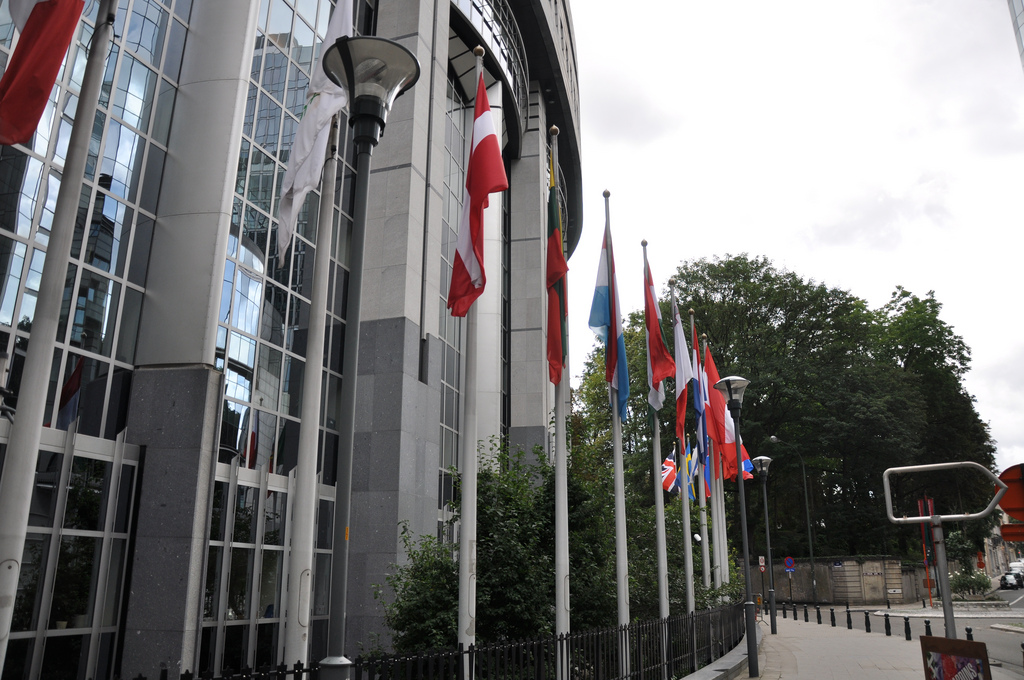EU Parliaments sets ambitious renewable energy and efficiency targets
Europe's renewable energy sector welcomes new ambitious renewable energy and energy efficiency targets for the European Union, but sees continued fossil fuel subsidies as hindering the great role renewables and geothermal can play for heating and cooling.
In a vote yesterday, European Parliament’s Industry and Energy Committee (ITRE) set the goal to reduce energy consumption in the European Union by 40% by 2030. This is a goal that is 10% more ambitious compared to the 30% reduction proposed by the European Commission, so New Europe.
Following this vote, each country in the European Union will now have to set their own corresponding national energy-efficiency targets needed to reach the overall 40% reduction goal. This includes all parts of the energy chain, including generation, transmission, distribution and end-use.
In a separate vote, which also took place on November 28, Industry and Energy Committee MEPs agreed that by 2030, a minimum of 35% of all energy consumed in the EU would need to come from renewable, cleaner sources. For the transport sector, at least 12% of the energy consumed in each member state would have to be produced from renewables, such as the sun or wind.
In a statement, the European Geothermal Energy Council (EGEC), welcomes the high ambition on energy efficiency and supports the MEP Blanco Lopez report on the Renewable Energy Directive adopted this week.
“The level of ambition shown by the Parliament on renewables and efficiency is good, but is only a minimum threshold to stay consistent with the Paris Agreement” says Philippe Dumas, EGEC secretary general.
t also provides investors with a better long-term perspective, needed to plan significant investments by reinforcing the Commission proposal on support schemes. Such measures are essential to maintain the dynamism of European renewable energy industries, including geothermal.
The Committee, under the impulsion of rapporteur Blanco Lopez, and with broad support, builds on the Commission proposal to deliver ambitious provisions for the heating and cooling sector, giving guidelines for an accelerated deployment of renewables in the largest segment of Europe’s energy consumption.
“For Europe to be a true climate and energy leader, the decarbonisation of the heating and cooling sector must be undertaken and this report provides sound basis for this”, added Philippe Dumas.
Meanwhile, the Energy Efficiency vote validated a strong ambition level, supported by robust provisions in continuing the energy savings obligations inherited from the previous version of the Directive, while still allowing the subsidy of fossil fuel appliances in the name of marginal efficiency gains – with effect of locking in fossil fuel dependency.
“But the ITRE committee did not manage to act on the issue of fossil fuel subsidies awarded to fossil appliances in the name of efficiency. It must be pointed out that a new fossil boiler locks dependency to gas, oil or coal for decades. Renewables for heating and cooling are the solution. We hope to see the Council takes this responsibility” concluded Philippe Dumas.
Source: EGEC, EGEC Press Release, New Europe


















